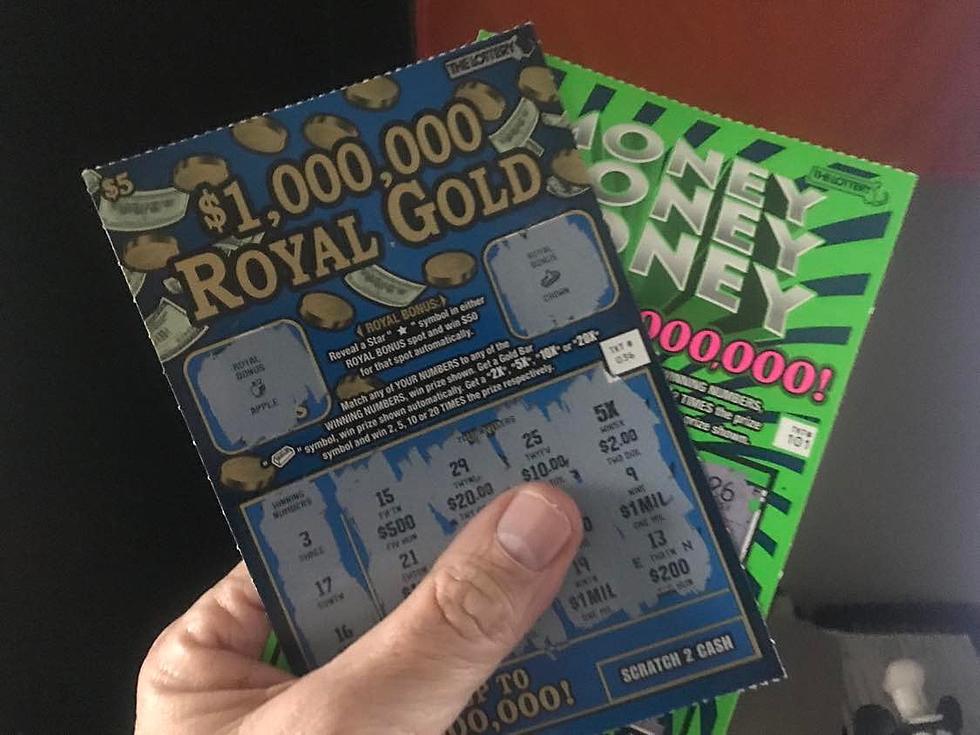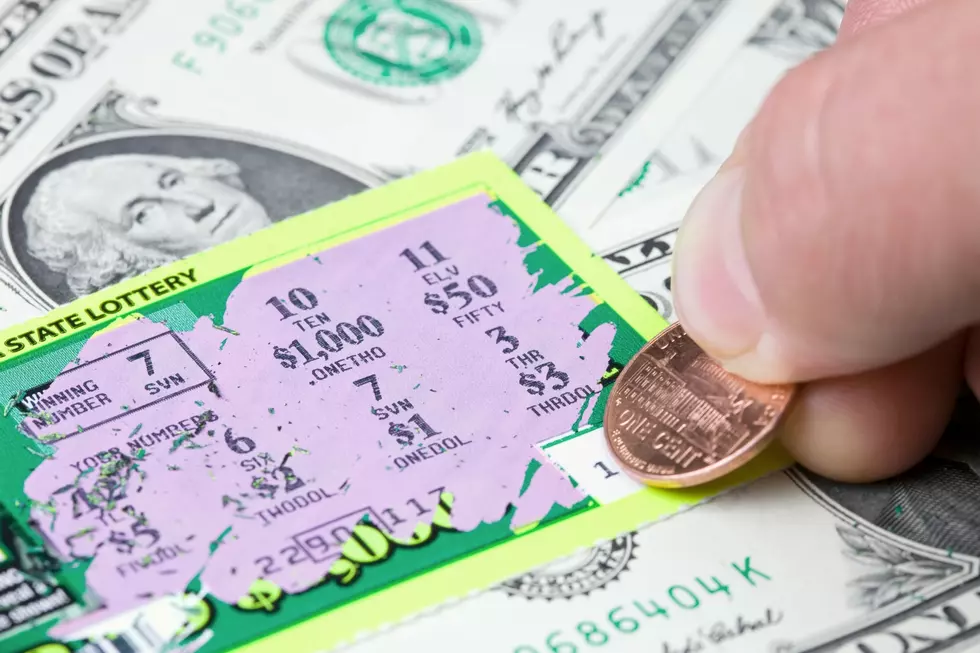
The Massachusetts Lottery Turns 50 Years Old This Week
The Massachusetts Lottery has paid out more than $96 billion since its first drawing 50 years ago this week. I've probably won less than $200 of it.
The first lottery game, The Game, was a weekly drawing. There were 4,783,000 tickets sold for the first drawing and seven lucky winners. The winning numbers, 302424, were drawn at Boston's Faneuil Hall on Wednesday, April 6, 1972. Thirty-seven-year-old Donald Cosentino of Gardner was the first to step forward to claim his prize, making him the first Massachusetts Lottery winner.
Mary Cardosa of New Bedford is listed as one of the other $50,000 winners of that first lottery drawing.
The State House News Service says, "Cosentino won one of the $50,000 top prizes by matching all six digits on the 50-cent ticket." In a 2019 interview with the Gardner News, Cosentino described his win as "purely the luck of the draw."
The Massachusetts Legislature approved legislation to create the Massachusetts Lottery on September 27, 1971. According to SHNS, the first lottery tickets were sold on March 22, 1972.

The Massachusetts Treasury says $137 billion in revenue has been generated by lottery sales, with some $30 billion returned to cities and towns in the form of unrestricted local aid. More than $96 billion has been awarded in prize money and another $7.8 billion in commissions and bonuses to retailers who sold winning tickets.
The Game was changed to The Big Money Game in 1975, and the daily Numbers Game was introduced in 1976.
I've never been lucky with the lottery, how about you? Have you ever won any serious money from the Massachusetts Lottery? If so, share your secret.
LOOK: What are the odds that these 50 totally random events will happen to you?
KEEP READING: See the richest person in every state
More From WBSM-AM/AM 1420








![VaxMillions Giveaway Is a Pretty Dumb Idea [OPINION]](http://townsquare.media/site/518/files/2021/05/Baker-Lifting-Restrictions.jpeg?w=980&q=75)
